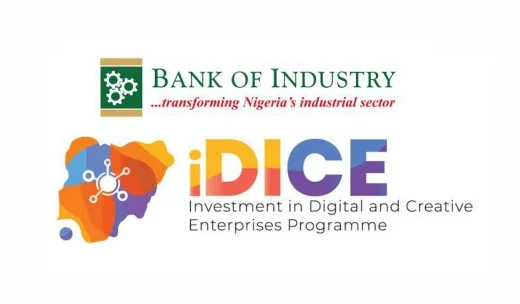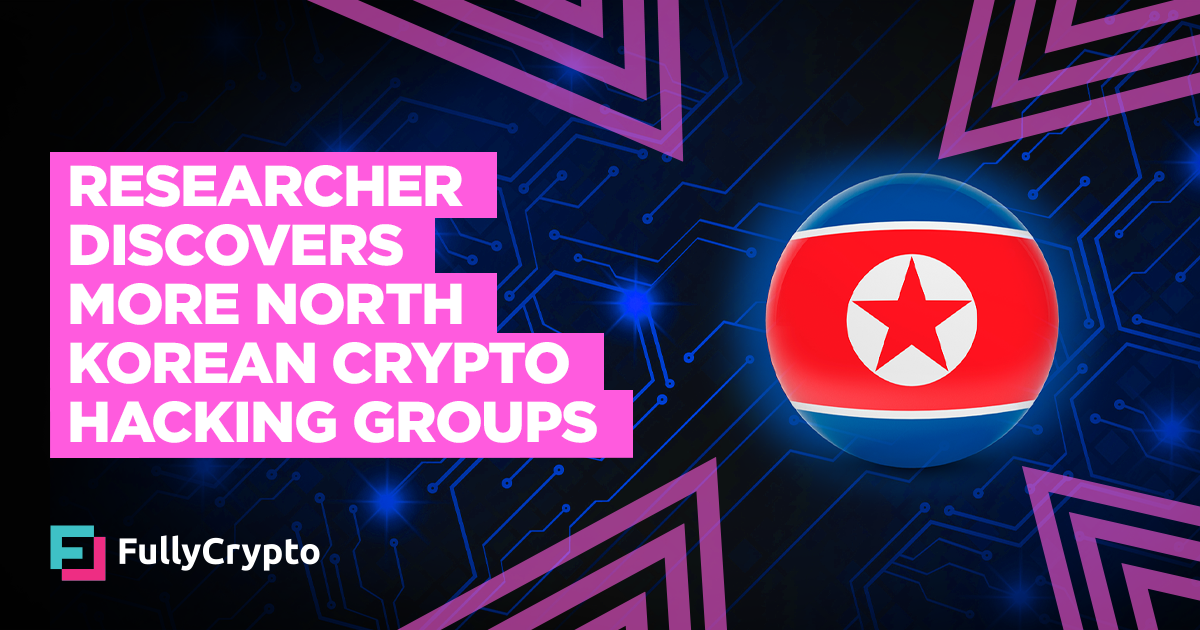Gaming's Startup Boom: How Crypto and VR Are Redrawing the Playfield
The gaming industry, a domain long held by well-established behemoths, is experiencing a seismic shift. A vibrant ecosystem of startups, fueled by cryptocurrency and virtual reality (VR) technologies, is rapidly transforming the landscape. It is not merely an evolutionary transformation; it's a revolutionary rebirth, where the fundamentals of game creation, player interaction, and revenue streams are being redefined. This article takes a closer look at the forces propelling this startup boom, dissecting how crypto and VR are not just bringing functionality, but indeed reshaping the playfield.
With the advent of blockchain technology, game development has been democratized with lowered barriers of entry and made possible by a new generation of creators. Startups are exploiting the unique attributes of crypto to build decentralized gaming economies where consumers are not merely players but contributors.
Non-fungible tokens (NFTs) are at the forefront of this revolution, providing players with true ownership of their gaming assets. Unlike traditional games where digital items are locked into a developer-controlled system, NFTs allow for scarcity and transferability. New firms, such as those that developed Axie Infinity and The Sandbox, are demonstrating the potential of NFTs, enabling trading, selling, and even lending digital possessions. Illuvium, a blockchain-based RPG, has gained traction by offering fully tradable in-game assets, allowing players to profit from exploration and battles.
The P2E model, led by blockchain gaming startups, is revolutionizing gaming from an expense center to a potential revenue stream. Titles such as Axie Infinity, with its billion-dollar player transaction volume, are the epitome of this shift. Players earn cryptocurrencies and NFTs during gameplay, forming a self-sustaining economy. Gods Unchained, a digital card game, lets players truly own their cards as NFTs, enabling them to trade or sell them for real value.
This paradigm has an immense impact on developing economies, as it offers an additional source of income. Startups are taking advantage of this trend to create games that reward skill and attention.
DAOs are enabling community-driven game creation and game management. Startups are involving users in decision-making from game patching to economic policy. The collaborative model creates a sense of ownership and belonging, and this makes loyal communities of players.
VR technology is pushing the boundaries of immersive gaming, creating virtual worlds that blur the lines between simulation and reality. Startups are leveraging Virtual Reality to create new models of social interaction and game styles.
The most groundbreaking startups are those that are combining the strength of crypto and VR. The union is creating metaverse-like experiences, where players can buy, sell, and engage with digital assets in immersive virtual worlds.
Metaverse IP Rights: Startups are exploring the potential of blockchain-based IP rights in the metaverse, where players can own and monetize their virtual creations. This is creating new economic possibilities for developers and players.Decentraland and The Sandbox have pioneered blockchain-based virtual worlds where players buy, sell, and develop virtual real estate.
Interoperable Game Assets: One of the key aspects of this convergence is the ability to transfer digital assets between games and VR environments. Startups are involved in creating interoperable ecosystems, where users can seamlessly transfer their digital assets.
The gaming Startup has enormous opportunities but also many challenges ahead .
Nonetheless, the advantage is considerable. Startups with the potential to solve these challenges are well positioned to benefit from growing demand for new gaming experiences.
The gaming startup boom is disrupting traditional game business models and opening up new opportunities for player empowerment.
Expansion of the Gaming Ecosystem: The gaming ecosystem is expanding beyond the traditional entertainment area, encompassing areas such as virtual commerce, social interaction, and digital asset trading.
The blockchain and VR-driven gaming startup craze is really changing the game. Startups are breaking the norms, empowering players, and creating new economic systems. As these technologies continue to evolve, they will reshape the gaming landscape, bringing about an even more immersive, decentralized, and player-led future. The gaming sector is entering a new age, where disruption and innovation are the drivers of change.










